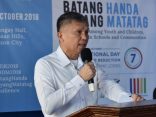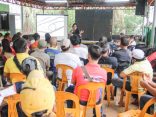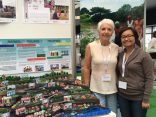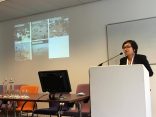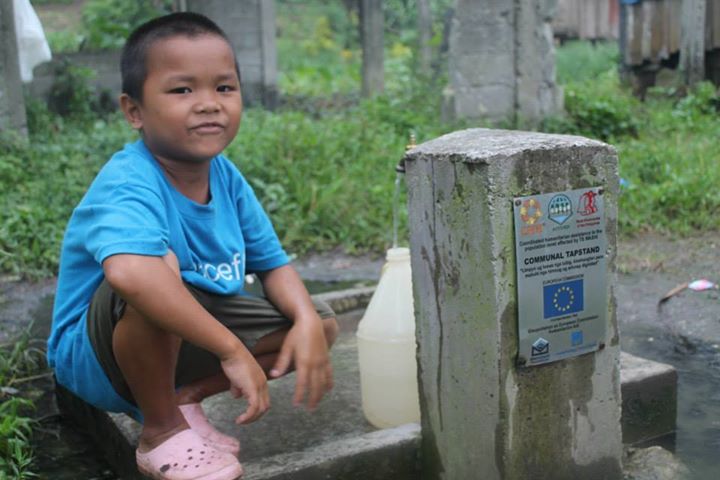 Water is life. From drinking water to domestic and hygienic purposes to industrial, energy, food and health uses – water is in our everyday living. But even if 70% of the Earth is covered in water, only 2.5% is fresh water that we can use to survive. In developing nations such as the Philippines, vulnerable communities, both in rural and urban areas, are the most affected by problems due to lack of access to water which is a basic necessity and a right.
Water is life. From drinking water to domestic and hygienic purposes to industrial, energy, food and health uses – water is in our everyday living. But even if 70% of the Earth is covered in water, only 2.5% is fresh water that we can use to survive. In developing nations such as the Philippines, vulnerable communities, both in rural and urban areas, are the most affected by problems due to lack of access to water which is a basic necessity and a right.
Water is life. From drinking water to domestic and hygienic purposes to industrial, energy, food and health uses – water is in our everyday living. But even if 70% of the Earth is covered in water, only 2.5% is fresh water that we can use to survive. In developing nations such as the Philippines, vulnerable communities, both in rural and urban areas, are the most affected by problems due to lack of access to water which is a basic necessity and a right.
According to UN-Water, around 748 million people have limited or no access to an improved source of drinking water, and 2.5 billion have not used improved sanitation facilities. In the Philippines, ACCORD has worked to help bring water to those who need it most, especially after emergencies.
In the organization’s five years of helping build resilient communities, addressing water, sanitation and hygiene (WASH) concerns has been part of its humanitarian response. Following typhoons Nesat and Nalgae inin 2011, and typhoons Washi and Bopha in in 2012, ACCORD worked with the European Commission Humanitarian Aid and Civil Protection department (ECHO), Metrobank Foundation and AXA to increase access of disaster-affected communities to quality WASH services. Water systems were built and rehabilitated. In most difficult environments, rainwater collectors were also distributed.
More importantly, ACCORD is actively promoting the empowerment of communities to conserve and protect their ecosystems as an integral part of resilience building. Degraded ecosystems not only provide lesser water resources, but are also less able to serve as buffer against flooding and drought.
In commemoration of World Water Day, ACCORD calls on everyone to revisit the importance of water in relation to poverty reduction, equality, development, and basic human rights. There is too much water and yet there is not enough water to meet the basic needs of communities. To attain resilience and sustainable development, we must take good care of our water sources and the larger ecosystem. With the magnitude of the importance of water to humans, this is clearly a responsibility that must be taken up by everyone.
1 The worlds water (2014 May 9). USGS Water science school. Accessed 15 March 2015. http://water.usgs.gov/edu/earthwherewater.html

